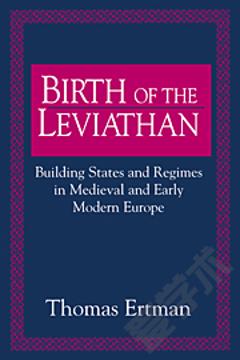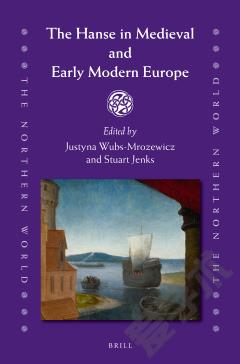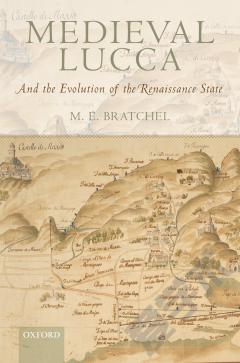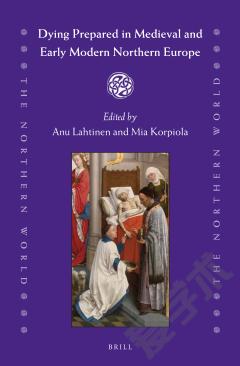Birth of the Leviathan: Building States and Regimes in Medieval and Early Modern Europe
For many years scholars have sought to explain why the European states which emerged in the period before the French Revolution developed along such different lines. Why did some become absolutist and others constitutionalist? What enabled some to develop bureaucratic administrative systems, while others remained dependent upon patrimonial practices? This book presents a new theory of state-building in medieval and early modern Europe. Ertman argues that two factors - the organisation of local government at the time of state formation and the timing of sustained geo-military competition - can explain most of the variation in political regimes and in state infrastructures found across the continent during the second half of the eighteenth century. Drawing on insights developed in historical sociology, comparative politics, and economic history, this book makes a compelling case for the value of interdisciplinary approaches to the study of political development.
{{comment.content}}








 京公网安备 11010802027623号
京公网安备 11010802027623号